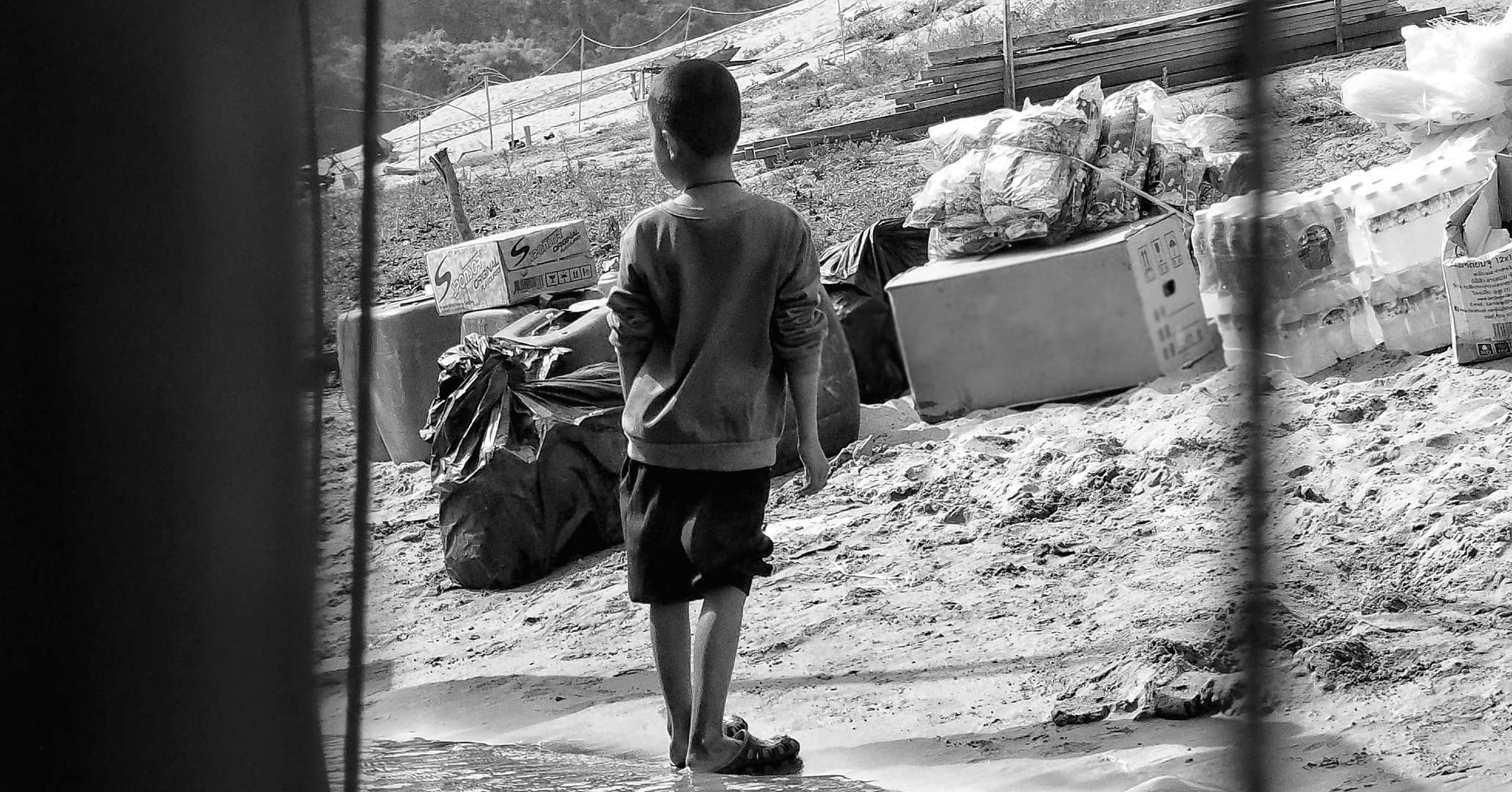
Over this past month, a series of papers was released looking at transnational crime in the Mekong Region (comprised of Thailand, Myanmar, Vietnam, Cambodia and Laos). This research was made possible through a collaborative partnership between DT Institute and DT Global, as well as Charles Sturt University, Ropes and Gray (Hong Kong Office), and Global Alms. Through our Profit for Purpose model, DT Global and DT Institute staff worked together with partners in the US, Australia, and the Mekong over the past year to consider the impact that COVID-19 has had on transnational crime and human trafficking, look at the current policies in place to combat these crimes, and make recommendations about future research that could aim to address these challenges.
The first report, “Pandemic Impact on Human Trafficking in the Greater Mekong Subregion,” contains a collaborative literature review and analysis, as well as recommendations for additional research regarding the impact that the global pandemic has had on human trafficking — a crime that depends upon exploiting human vulnerabilities and mastering movement of people and illicit commodities. The report examines how the direct and indirect impacts of the COVID-19 pandemic exacerbated the vulnerability of human trafficking, focusing on increased family and domestic violence, rampant unemployment, and under-engaged youth.
The second paper in the series, “Combatting Transnational Organized Crime in the Greater Mekong Subregion: Government of Australia Policy Response,” explores the Government of Australia’s policies and operational response to transnational organized crime. This report includes relevant Australian Public Sector agencies’ responses to drug and human trafficking in the Greater Mekong Subregion. Drug trafficking and human trafficking are the most prevalent crimes and, arguably, the most dangerous to regional stability and Australian social and fiscal security.
The third installation is this series, "Prosecuting Women Traffickers: Breaking the Cycle of Double Victimization," was published as an article on DevPolicy Blog on July 30th. Human trafficking is a low-risk, high-reward criminal activity for male traffickers who benefit from the vulnerabilities of women. Traffickers prey upon women and girls with a single aim: to exploit for profit, with no regard for the well-being of their victims. This article explores the notion that human trafficking is heavily dependent upon the recruitment of women by women. Breaking the cycle of female victimization by offering women recruiter-defendants immunity in exchange for prosecutorial cooperation offers a chance for pivotal change. This article explores this and other potential policy changes to combat human trafficking.